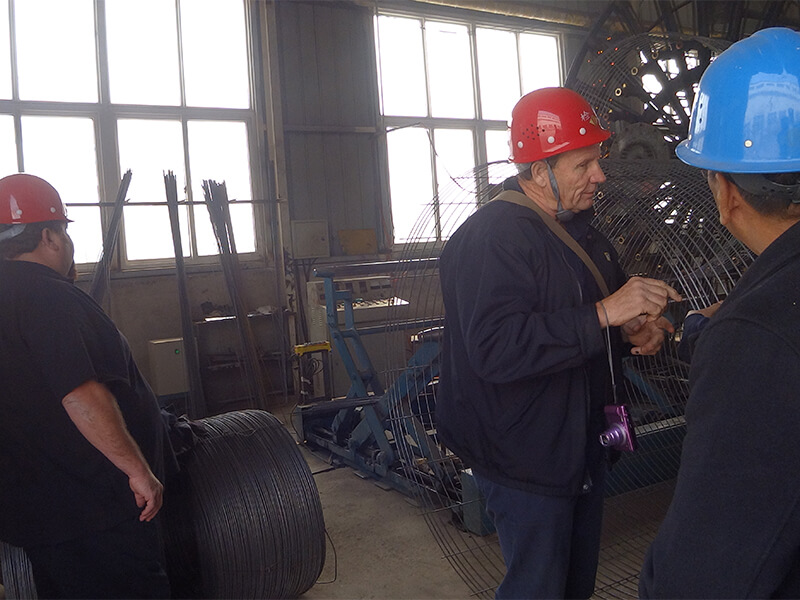- Afrikaans
- Albanian
- Amharic
- Arabic
- Armenian
- Azerbaijani
- Basque
- Belarusian
- Bengali
- Bosnian
- Bulgarian
- Catalan
- Cebuano
- China
- China (Taiwan)
- Corsican
- Croatian
- Czech
- Danish
- Dutch
- English
- Esperanto
- Estonian
- Finnish
- French
- Frisian
- Galician
- Georgian
- German
- Greek
- Gujarati
- Haitian Creole
- hausa
- hawaiian
- Hebrew
- Hindi
- Miao
- Hungarian
- Icelandic
- igbo
- Indonesian
- irish
- Italian
- Japanese
- Javanese
- Kannada
- kazakh
- Khmer
- Rwandese
- Korean
- Kurdish
- Kyrgyz
- Lao
- Latin
- Latvian
- Lithuanian
- Luxembourgish
- Macedonian
- Malgashi
- Malay
- Malayalam
- Maltese
- Maori
- Marathi
- Mongolian
- Myanmar
- Nepali
- Norwegian
- Norwegian
- Occitan
- Pashto
- Persian
- Polish
- Portuguese
- Punjabi
- Romanian
- Russian
- Samoan
- Scottish Gaelic
- Serbian
- Sesotho
- Shona
- Sindhi
- Sinhala
- Slovak
- Slovenian
- Somali
- Spanish
- Sundanese
- Swahili
- Swedish
- Tagalog
- Tajik
- Tamil
- Tatar
- Telugu
- Thai
- Turkish
- Turkmen
- Ukrainian
- Urdu
- Uighur
- Uzbek
- Vietnamese
- Welsh
- Bantu
- Yiddish
- Yoruba
- Zulu
Aug . 06, 2024 12:51 Back to list
Tailored Precision Machining Services for High-Quality Custom Components and Innovative Solutions
Custom Precision Machining Unlocking the Future of Manufacturing
In today’s rapidly evolving industrial landscape, precision is more important than ever. Companies across various sectors, from aerospace to medical devices, rely heavily on custom precision machining to create intricate components with tight tolerances and high performance standards. This specialized manufacturing process not only enhances the quality of products but also increases efficiency and cost-effectiveness.
Custom precision machining involves the use of advanced technology and equipment to produce parts that meet specific design specifications. Unlike standard machining processes, which often focus on mass production, custom machining is tailored to the unique requirements of each client. This approach allows manufacturers to create components that can adapt to the ever-changing demands of the market, ensuring that businesses remain competitive.
One of the primary advantages of custom precision machining is its ability to produce intricate shapes and designs that would be impossible with other manufacturing methods. Techniques such as CNC (Computer Numerical Control) machining, turning, milling, and electrical discharge machining (EDM) enable manufacturers to achieve complex geometries with exceptional accuracy. This capability is particularly crucial in industries like aerospace, where components must be lightweight yet strong, and in medical applications, where precision is directly linked to patient safety.
Moreover, the materials used in custom precision machining are diverse, ranging from metals like titanium and aluminum to plastics and composites
. This flexibility allows manufacturers to select the best material for their specific application, enhancing performance and durability. For instance, in the aerospace industry, titanium is often chosen for its high strength-to-weight ratio, while in the medical field, biocompatible materials are essential for implants and surgical instruments.custom precision machining

The importance of quality control in custom precision machining cannot be overstated. Manufacturers often implement stringent inspection processes to ensure that every component meets the required specifications. Advanced measurement technologies, such as coordinate measuring machines (CMM) and laser scanning, are employed to verify tolerances and dimensions. By maintaining high standards of quality control, companies can minimize the risk of defects and recalls, thereby protecting their reputation and financial investment.
In addition to quality, efficiency is a critical factor that custom precision machining addresses. With the integration of automation and smart technologies, manufacturers are able to streamline their processes, reducing production time and waste. Additive manufacturing, also known as 3D printing, is increasingly being used in conjunction with traditional machining methods, allowing for rapid prototyping and reduced lead times. This synergy between technologies enables companies to respond quickly to market demands, innovate faster, and ultimately enhance customer satisfaction.
Sustainability is another consideration that is gaining traction in the field of custom precision machining. Manufacturers are increasingly aware of their environmental impact and are seeking ways to reduce waste and energy consumption. Techniques such as near-net shaping and the use of eco-friendly materials are being adopted to promote sustainable practices. By prioritizing environmental responsibility, companies can appeal to a growing segment of eco-conscious consumers and comply with regulatory standards.
In conclusion, custom precision machining is a cornerstone of modern manufacturing that fosters innovation, efficiency, and sustainability. As technology continues to advance, the capabilities of precision machining will expand, allowing for even greater customization and complexity in manufacturing. Industries that embrace these advancements will not only enhance their competitive edge but also pave the way for the future of production. Whether it's creating crucial components for aircraft or life-saving medical devices, custom precision machining is unlocking new possibilities and driving progress across the globe.
-
8mm Thin-Walled Cast Steel Manhole Cover Pallet Bottom Ring | Durable
NewsAug.04,2025
-
Premium Cast Iron Water Main Pipe: Durable, Corrosion-Resistant
NewsAug.03,2025
-
Durable Cast Iron Water Mains | AI-Optimized Systems
NewsAug.02,2025
-
High-Efficiency Propane Boiler for Baseboard Heat | Save Energy
NewsAug.01,2025
-
Premium Source Suppliers for Various Gray Iron Castings
NewsJul.31,2025
-
Durable Cast Iron Water Main Pipes | Long-Lasting
NewsJul.31,2025


